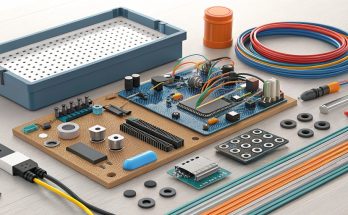The standard for best practices and competence in the electronics industry has been set by the IPC – the Institute for Printed Circuits. To become IPC certified, you need to receive training and become qualified.
There are 4 different levels of qualification. Which one you choose to pursue will depend on your goals, your qualifications, and the resources that you can devote to training. According to Solder.net, courses take from 1-to 5 days, and recertification can be done in less time.
Certified IPC Specialist (CIS)
This level of certification is appropriate for anyone who needs to get a better understanding of standards – assemblers, line operators, supervisors, and engineers could all benefit from this certificate. The CIS certification is best for professionals who want to deepen their understanding of a particular standard in the electronics manufacturing industry.
Certified Standards Expert (CSE)
This certificate is for those who want to become completely proficient in IPC standards, with broad knowledge and the ability to navigate the documentation and find answers if they don’t have them – an all-around subject matter expert who can problem solve and apply the standards for a company.
Certified IPC Trainer (CIT)
If a company or organization needs to be continually training employees in IPC standards, they may need a certified IPC trainer. CITs are responsible for training others to become Certified IPC Specialists (CIS).
Master IPC Trainer (MIT)
This is the highest level and it requires the broadest and deepest knowledge. A master IPC trainer can train people to become CIS, CSE, or CITs. IPC certification is a challenging process, but it is worth it to deepen your understanding and build important new competencies that can help your company.


